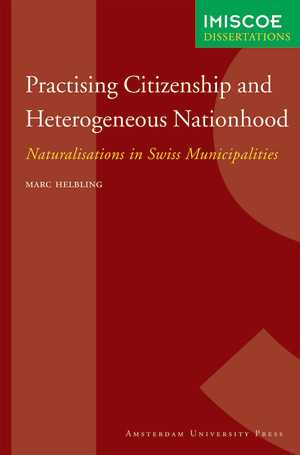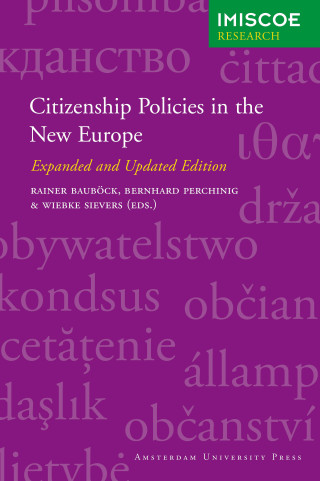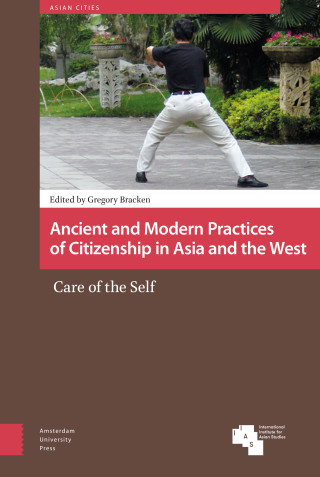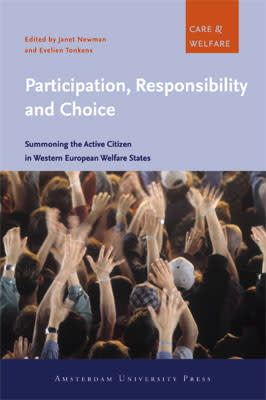Switzerland likely has the most particular naturalization system in the world. Whereas in most countries citizenship attribution is regulated at the central level of the state, in Switzerland each municipality is accorded the right to decide who can become a Swiss citizen. This book aims at exploring naturalization processes from a comparative perspective and to explain why some municipalities pursue more restrictive citizenship policies than others. The Swiss case provides a unique opportunity to approach citizenship politics from new perspectives. It allows us to go beyond formal citizenship models and to account for the practice of citizenship. The analytical framework combines quantitative and qualitative data and helps us understand how negotiation processes between political actors lead to a large variety of local citizenship models. An innovative theoretical framework, integrating Bourdieu’s political sociology, combines symbolic and material aspects of naturalizations and underlines the production processes of ethnicity.





